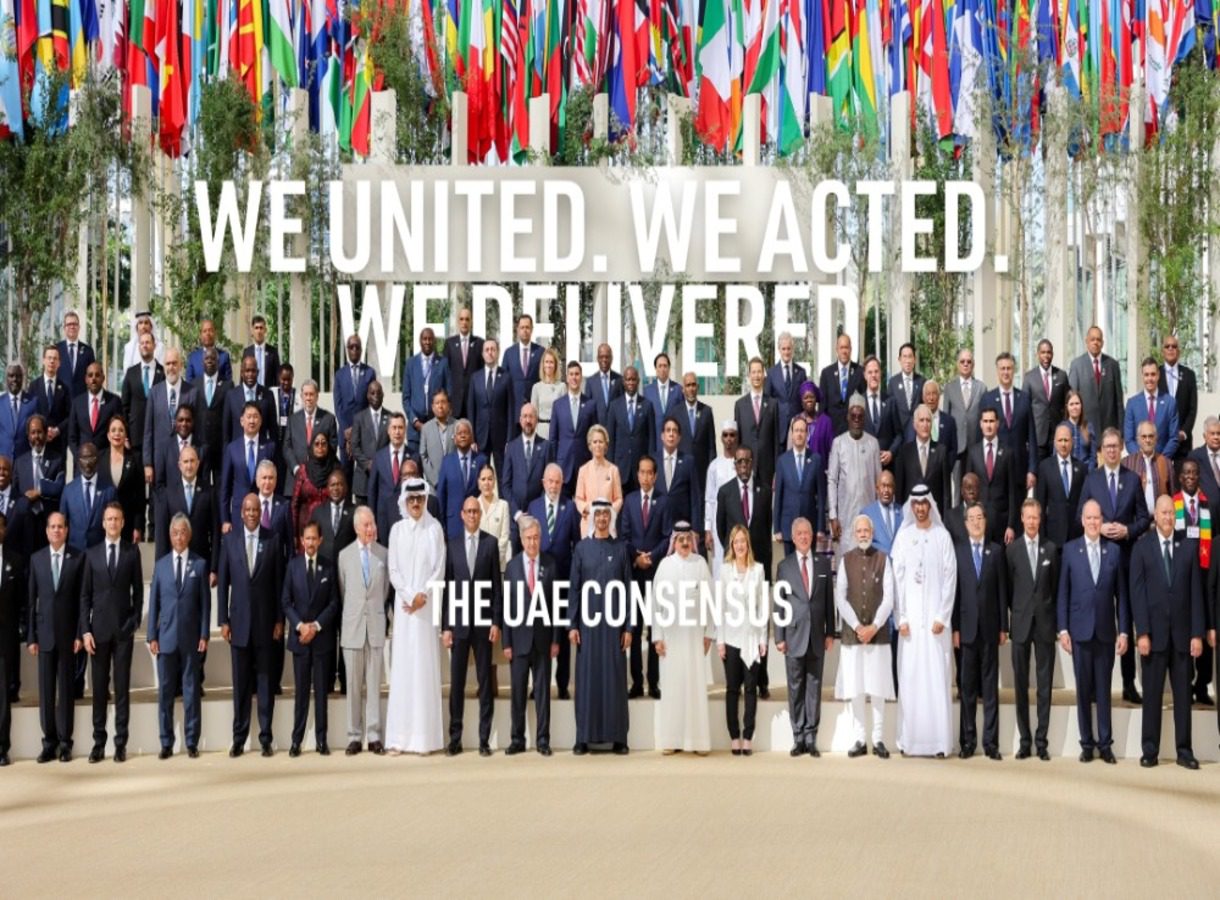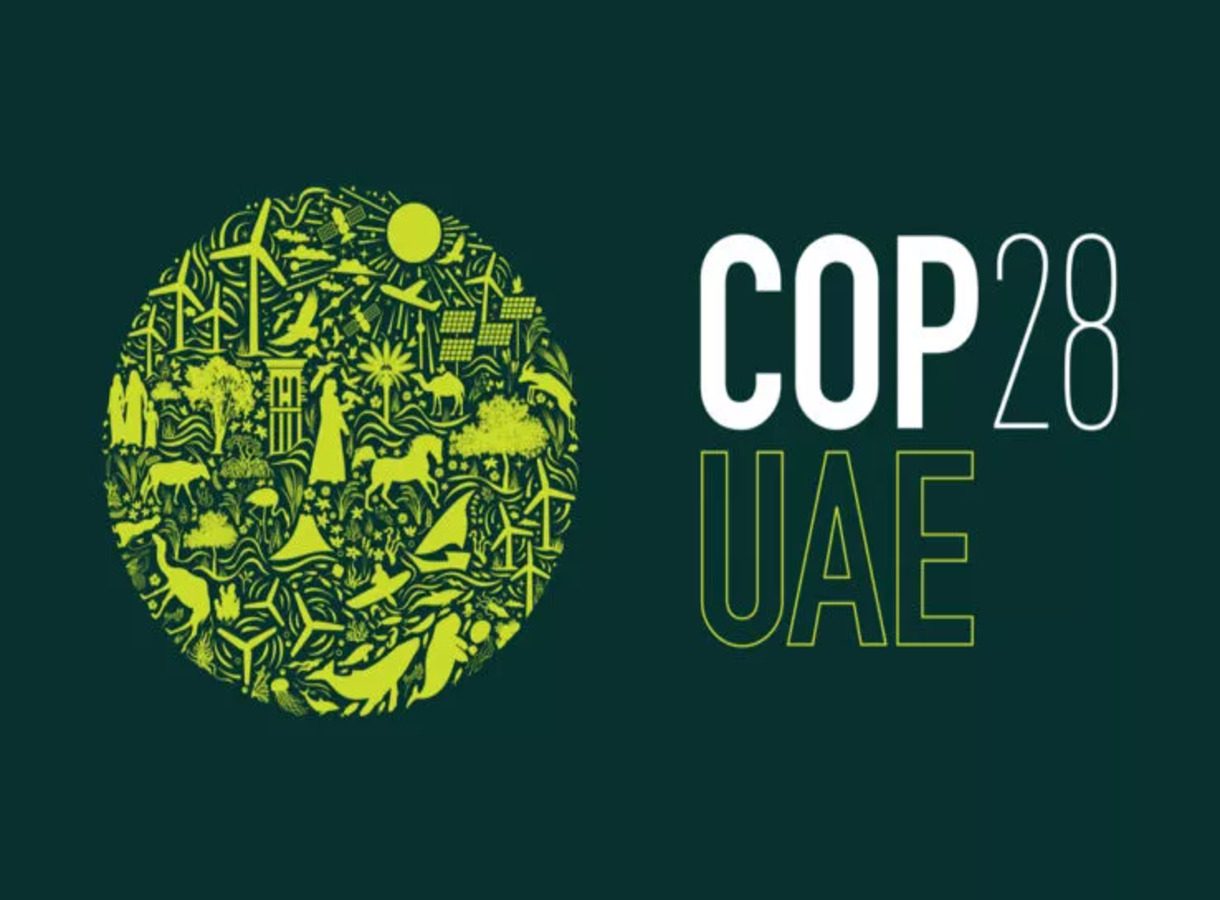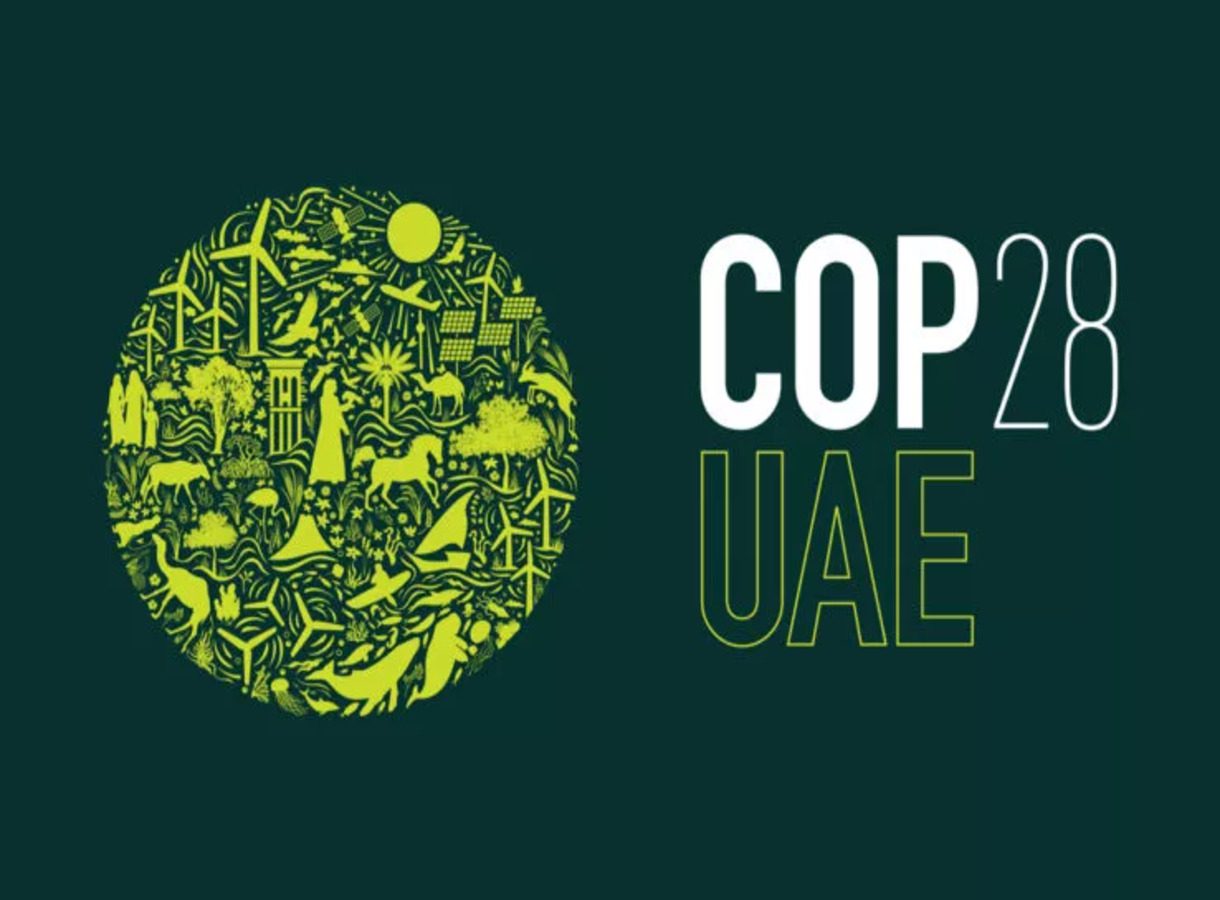These countries have historically drawn a red line, refusing to recognize the necessity of phasing down oil and gas to address the climate crisis.
It was perhaps preordained that an agreement on reducing fossil fuel production and consumption should have happened at the COP28 climate negotiations in Dubai, presided over by the CEO of one of the world’s largest oil companies.
For three decades, the international community has avoided the direct mention of fossil fuels in climate agreements. The burning of coal, oil, and gas—the primary drivers of global warming—remained a spectre haunting negotiations, unacknowledged due to the staunch resistance from major oil and gas producers. These countries have historically drawn a red line, refusing to recognize the necessity of phasing down oil and gas to address the climate crisis.
However, COP28 shattered this status quo. The decision to transition away from fossil fuels, made in a petrostate and against the preferences of OPEC (Organization of the Petroleum Exporting Countries), marks a significant leap towards acknowledging and addressing the root cause of climate change.
The agreement, aiming for a “just, orderly, and equitable transition away from fossil fuels,” is a nuanced wording to start reducing the production and consumption of fossil fuels. While it might not explicitly call for a phase-down or a phase-out, it sends an unmistakable message to the fossil fuel industry: the era of unchecked fossil fuel consumption is drawing to a close.
Yet, COP28 will be remembered for more than just this ground-breaking agreement. It also will be remembered for operationalising the Loss and Damage Fund on the very first day of the conference to support vulnerable developing countries in dealing with climate disasters. While the initial pledges to the fund remains about $800 million (with the host the United Arab Emirates contributing $100 million and the United States just $17.5 million), which is far less than what is needed, the operationalisation of the fund marks an important milestone in the climate justice movement. Dubai COP also enhanced the mitigation ambition by adopting the decision taken by the G20 under India’s presidency to triple the renewable energy capacity and double the energy efficiency improvements globally by 2030.
Missed opportunity
But not all went well. The shortcomings of the Global Stocktaking (GST) process were glaringly evident. This critical component, designed to evaluate global progress in addressing climate change, acknowledged the stark reality: current efforts are insufficient, steering us towards a worrying 2.7°C rise in global temperatures. However, the GST’s failure to assign clear responsibility and provide actionable guidance for both developed and developing countries to enhance ambition for the 2025 emission reduction pledges was a significant missed opportunity. Especially concerning was its failure in highlighting the unfulfilled commitments of developed nations and its apparent leniency towards China, the world’s largest emitter. This oversight not only undermines the process’s credibility but also stalls the momentum needed for meaningful global climate action.
The fact is that the developed countries have consistently not met any of their commitments on emissions reduction or financial support. They continue to invest in new fossil fuel infrastructure and emit more than their fair share. For instance, the US presently is the largest producer of oil and gas, producing nearly a quarter of global natural gas and 15% of world’s crude oil. The problem is there is no sign that it is phasing down fossil fuels as the Biden administration has recently approved new offshore oil and gas lease. The developed countries have also not met their collective finance obligations of proving $100 billion to the developing countries. Likewise, China’s GHG emissions, which is a quarter of the global emissions, needs to peak and reduce quickly to have any chance of meeting 1.5 OC target. Yet, GST failed to point out this crucial issue. The lessons from the first GST are that global climate action needs more than just pledges; it demands accountability, transparency, and equitable responsibility-sharing.
Business takes centre stage
COP28 marked a significant shift in the narrative of global climate conferences, not just in its scale but also in the composition of its attendees. This year’s conference, hosted in the vast expanses of Dubai’s Expo-City, shattered previous records with its 70,000 attendees and an extravagant half-a-billion-dollar budget. Such figures not only dwarfed the attendance of COP21, where the Paris Agreement was born, but also set a new precedent for the financial scale of climate conferences
What stood out most prominently was the robust presence of the business sector. Industry leaders, CEOs of major oil companies, and financiers were present in significant numbers, each bringing their perspectives to the climate table. This marked departure from the usual attendee list drew mixed reactions. Some critics likened the event to a trade show, voicing concerns over the influence of business interests and lobbyists in climate negotiations. However, this criticism overlooks a crucial aspect of climate action: the indispensable role of businesses.
The significant turnout of the business community reflects a growing recognition within the business world of the dual realities of threat and opportunity presented by the climate crisis. This shift in perception is crucial to realign capital—a move away from climate-damaging activities towards sustainable practices. The presence of businesses at COP28 suggests that this realignment may be starting to take shape.
For years, experts in sustainable development have advocated for a synergy between environmental concerns and business interests. COP28 can be seen as a tangible step towards this goal. It highlighted that the path to a sustainable future is not just the responsibility of governments and environmental activists but also of the corporate world.
Overall, the ‘UAE Consensus’ is a bold step forward. The decisions in it, and the scale at which they were showcased, reflect a growing recognition of the urgency of climate action and the need for substantive policy shifts—even in regions highly reliant on fossil fuels. Central to this shift is the emerging narrative of a just, orderly, and equitable transition away from fossil fuels—a theme that will increasingly dominate global discourse as countries internalise the imperative of shutting down fossil fuel establishments and diversifying their economies.


